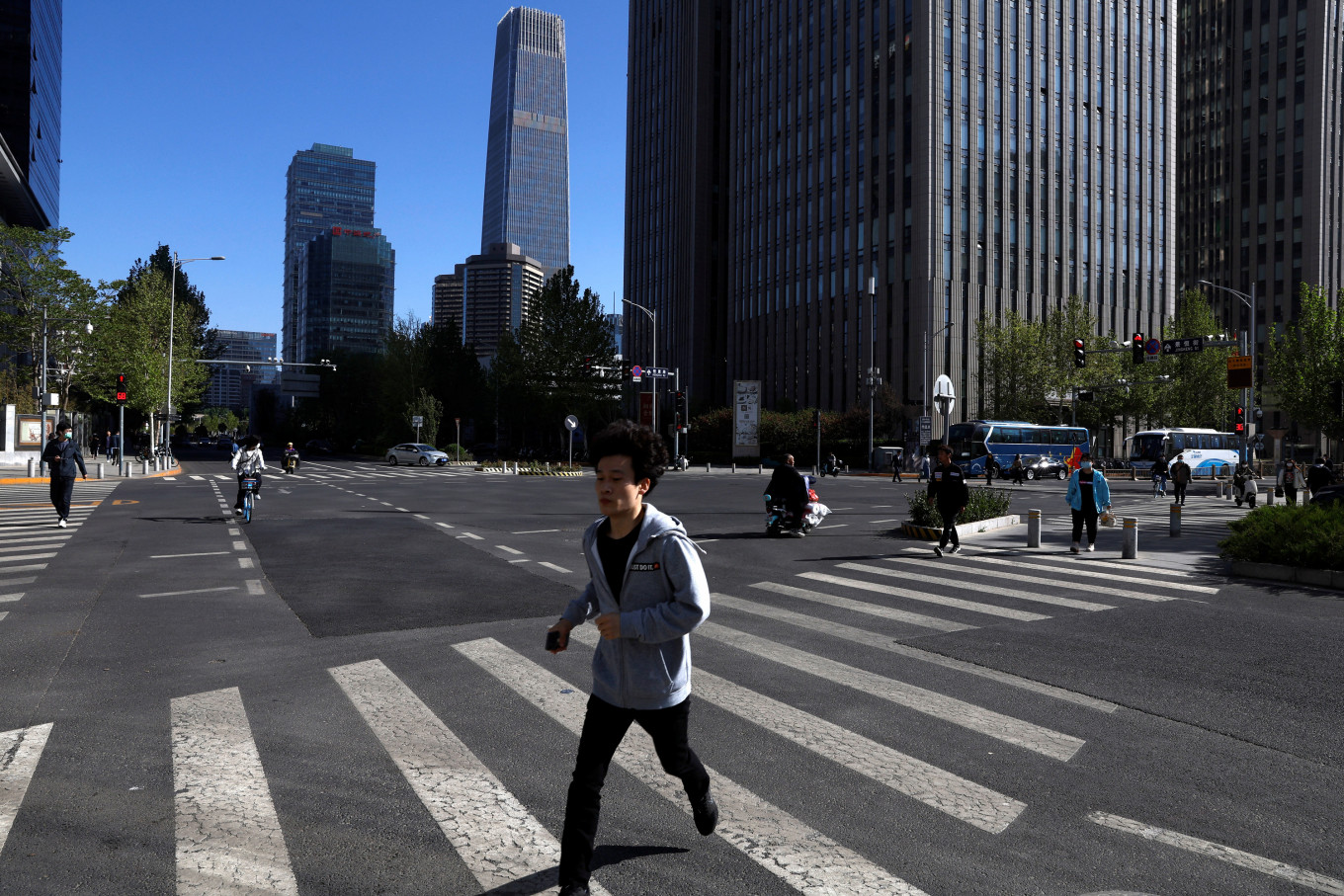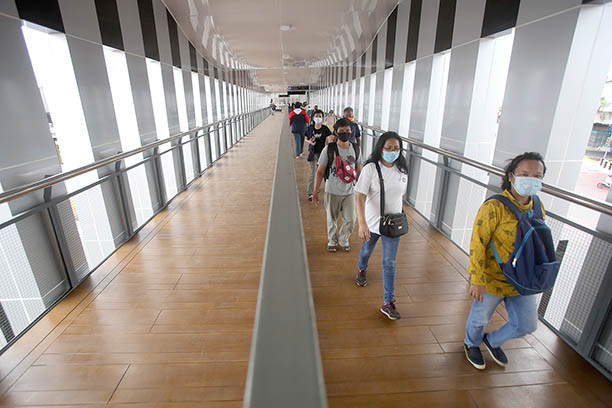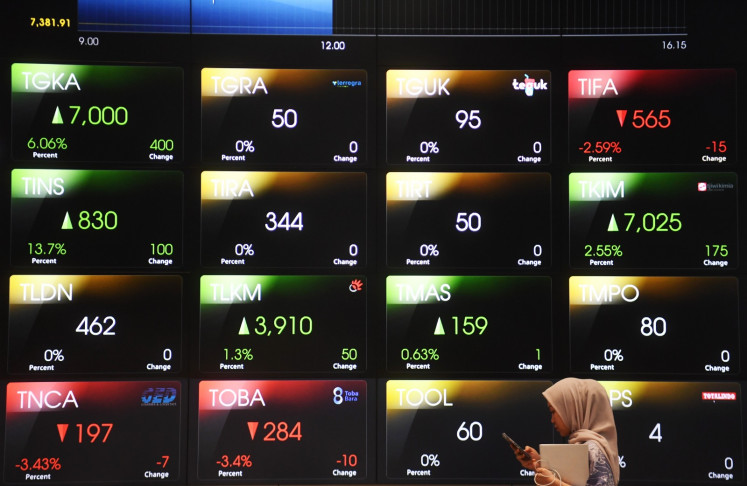China's economic recovery speeds up, global headwinds point to bumpy outlook
Change Size
 A man walks past a street at Beijing's Central Business District (CBD) during morning rush hour in Beijing on April 18, 2023. (Reuters/Tingshu Wang)
A man walks past a street at Beijing's Central Business District (CBD) during morning rush hour in Beijing on April 18, 2023. (Reuters/Tingshu Wang)
C
hina's economy grew at a faster-than-expected pace in the first quarter, as the end of strict COVID curbs lifted businesses and consumers out of crippling pandemic disruptions, although headwinds from a global slowdown point to a bumpy ride ahead.
Gross domestic product grew 4.5 percent year-on-year in the first three months of the year, data from the National Bureau of Statistics showed on Tuesday, faster than the 2.9 percent in the previous quarter and beating analyst forecasts for a 4 percent expansion.
Investors have been closely watching first quarter data for clues on the strength of the recovery after Beijing lifted COVID curbs in December and eased a three-year crackdown on tech firms and property.
"On net, that's a decent set of figures out from China in Q1, which keeps them on track for their growth target of around 5 percent this year," said Matt Simpson, senior market analyst at City Index.
"It has helped lift sentiment to a degree in Asia [...] but the slightly lacklustre response suggests there are some lingering concerns that Q1 data is the initial thrust thanks to the reopening, and that its momentum could fade in Q2 or Q3."
China's recovery has so far remained uneven, with consumption, services and infrastructure spending perking up but slowing prices and surging bank savings raising doubts about demand.
On a quarter-on-quarter basis, GDP grew 2.2 percent in January-March, in line with analyst expectations and up from a revised 0.6 percent rise in the previous quarter.
Chinese policymakers have pledged to step up support for the $18 trillion economy this year to keep a lid on unemployment, but they face limited room to manoeuvre amid worries over debt risks and structural woes. GDP growth last year slumped to one its worst in nearly half a century due to COVID curbs.
The nation's central bank said last week it will maintain ample liquidity, stabilise growth and jobs and focus on expanding demand.
On Monday, the central bank extended liquidity support to banks through its medium-term lending facility but kept the rate on such loans unchanged, an indication authorities are not overly concerned about the immediate growth outlook.
Analysts polled by Reuters expect China's growth in 2023 to speed up to 5.4 percent, from 3 percent last year.
The government has set a modest target for economic growth of around 5 percent for this year, after badly missing the 2022 goal.
The central bank cut lenders' reserve requirements for the first time this year in March and the government has unveiled more fiscal stimulus.
Separate data on March activity also released on Tuesday showed retail sales growth quickened to 10.6 percent, beating expectations and hitting a near two-year high, while factory output growth also sped up but was just below expectations.
Fixed asset investment in January-March slowed to 5.1 percent growth year-on-year, versus expectations for a 5.7 percent increase. It grew 5.5 percent in the January-February period.
"The current market concerns about deflation largely reflect concerns about the strength and sustainability of the economic recovery," Wen Bin, chief economist at China Minsheng Bank, said in a research note.
"After the optimisation of epidemic prevention and control, the production side has basically returned to the pre-epidemic level, but the demand side momentum is still weak."









